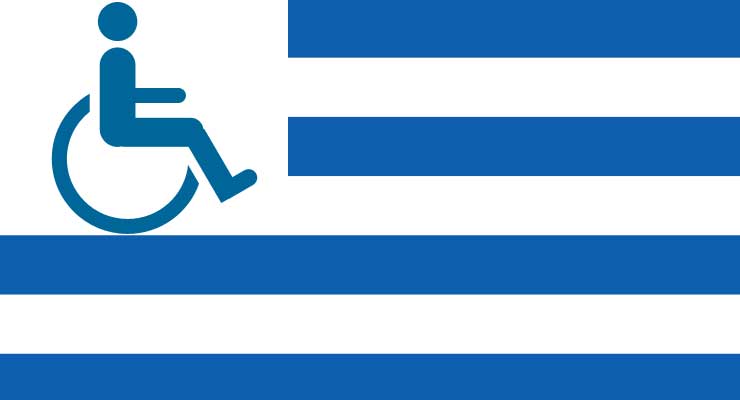
Finance officials in the economically strapped country of Greece have been able to make what is being called a critical payment to the IMF following months of anxiety as the country attempts to pay off its debtors and to reassure the EU that it has enough money available to avoid bankruptcy and an exit from the Eurozone. “We are restoring the privatization process as a program making critical use of existing public assets” Greek financial minister Yanis Varoufakis told a conference in Paris regarding the future of the EU. The finance minister went onto say “What we are saying is the Greek state does not have the capacity to develop public assets”.
The Greek economy has been in an economic slump since December 2009 when signs of economic trouble first started to arise and two credit ratings, Fitch and Standard and Poor’s downgraded the Greek economy to “junk” status which is the lowest status that the two ratings agencies can label a countries’ economy.
Greece is not the only country that has been hit hard by the current economic slump, fellow EU member countries, Portugal, Spain, and Ireland are all in a slump as well. However, Greece has been the country that has received the most attention from the EU and also other outside countries as its leaders have threatened to exit the EU over disagreements over how to implement economic reforms.
“From the Greek side there was a strong statement that liquidity is getting really bad and there was an appeal to release some type of liquidity support before the euro zone finance minister’s meeting on April 24th” an anonymous euro zone aide said regarding the current situation of Greece’s cash that is available ( liquidity).
Greece’s unemployment rate has also suffered through the crisis as it is one of, if not the highest in the Euro Zone as the last couple of years saw the unemployment rate reach its peak at 27.47% of the Greek population being unemployed and in 2012 the rate stood at 24.44%.
The total repayment of the loans due to the IMF totaled 450 million Euros.
All of the economic crisis has also led to political change in Greece over the last year as a new Prime Minister, Alex Tsipras was elected and a new left wing governing majority were elected into office on a wave of unpopularity with the current economic reforms that have been implemented and which Greeks blame contribute to their current situation.
Although this one positive step in the right direction for the new government, there were however, tense negotiations on Friday from which a source covering the meeting said “ months of mounting tensions between Greece and its creditors boiled over at a high level meeting on Friday with Eurozone finance ministers angrily accusing their Greek counterpart of back tracking on commitments and failing to grasp the deep differences that still divide them.”
The source continue by saying, “Athens is running desperately short of cash and many Euro Zone fear without an agreement to release some of the remaining 7.2 billion in its bailout programme, the Government could default as early as mid-may”.
As it currently stands, Greece’s External Debt to GDP ratio stands at 219.21% and its’ Public Debt to GDP ratio is at 175.00%. Ultimately, it will be up to the two sides to come up with an agreement that would be beneficial for both the EU and also Greece as both sides depend on each other to be successful.
Leave a Reply